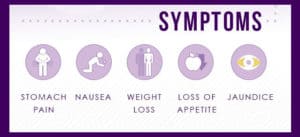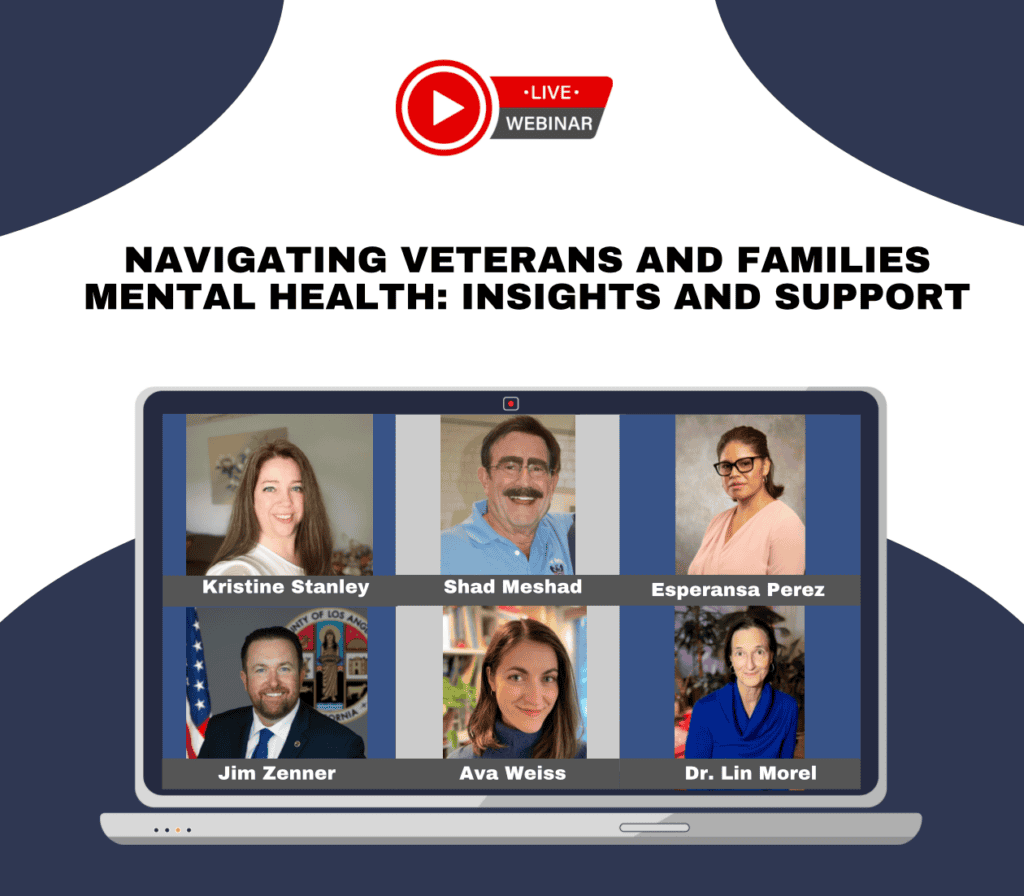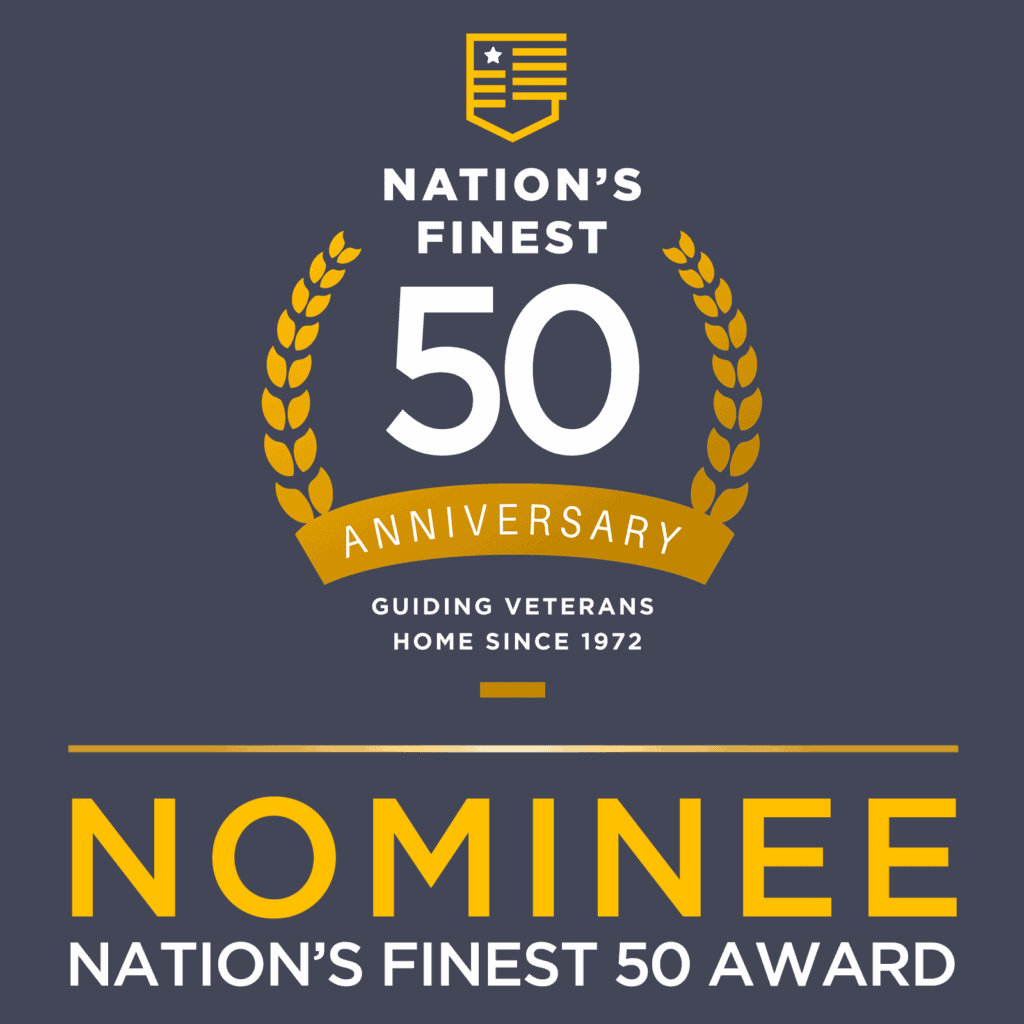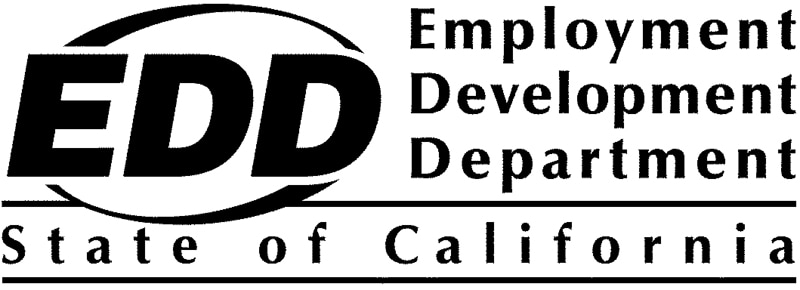Help Navigating the VA
In early March, NVF social worker Mary Ann Mayer took a call from an Air Force Veteran in the Midwest. Recently discharged from a civilian hospital, he’d been sent back to the VA with a potential diagnosis of pancreatic cancer and a request to follow up. His appointment with his VA doctor at his local community clinic lasted five minutes: she’d send him for tests and see him at the end of May. The veteran had been in abdominal pain for weeks, unable to keep much food down. Terrified and emotional, he asked his doctor what he should do about the pain. She recommended Pepto Bismol and told him to calm down.
 Later that week, the nurse called with his test schedule: the endoscopy (for the pancreas biopsy) was not until May. He had brought in Family Medical Leave paperwork from his employer, since he is the caregiver for two family members, and his last paycheck had been in January. The VA requires a request from his employer, and he’d complied. Despite that, and after repeated follow-up, his doctor would not release him to work, provide a note for his employer, or sign off on his disability paperwork. While he waited for tests, he requested, unsuccessfuly, a follow-up appointment with her several times because of persistent pain.
Later that week, the nurse called with his test schedule: the endoscopy (for the pancreas biopsy) was not until May. He had brought in Family Medical Leave paperwork from his employer, since he is the caregiver for two family members, and his last paycheck had been in January. The VA requires a request from his employer, and he’d complied. Despite that, and after repeated follow-up, his doctor would not release him to work, provide a note for his employer, or sign off on his disability paperwork. While he waited for tests, he requested, unsuccessfuly, a follow-up appointment with her several times because of persistent pain.
Surprised the Veteran was unable to make an appointment with his doctor, Mayer called to schedule. The scheduler at the VA clinic said she couldn’t make the appointment — there was a note in his files that the doctor would not see him until May. Mayer called the nearest VA hospital’s main scheduling line to get around the roadblock. Two schedulers said the same thing. The third scheduler was sympathetic and made a next-day appointment. Within an hour of Mayer letting the veteran know about the appointment, his doctor’s nurse called and cancelled it, saying the doctor was too busy to see him and would see him when all testing was complete at the end of May. When Mayer called the main scheduling line the next day, she learned that notes in the system said the patient had cancelled.
Now Mayer knew she needed help. She reached out to local contacts to see if anyone had a connection at that Midwest VA. She found a woman veteran who has a good friend on the inside who was able to connect the Vet to the LGBT advocate to help troubleshoot.
In the meantime, Mayer knew pancreatic cancer is not something that can wait. The endoscopy with biopsy wasn’t scheduled until May 17, more than 2 months away. Mayer called the endoscopy center, finally reaching a sympathetic nurse who said the appointment had not been made with urgency. She pledged to help. Two days later a gastroenterology fellow who is halftime at the local university hospital called. He scheduled the procedure at the university, on the VA’s dime. A week and a half after the veteran’s call to the NVF, he had the procedure with a biopsy.
The LGBT advocate had the veteran reassigned to a new primary care doctor. After repeated calls to the clinic, their patient advocate finally called back—the new doctor had to sign off on the paperwork for the Vet’s job. His employer’s HR department confirmed the paperwork had been faxed to the original primary care doctor and the Vet had hand-carried the paperwork twice and given it to the nurse. His next appointment was weeks away on April 9th. Knowing the employer needed documentation for his absence, Mayer contacted the GI doctor who agreed to write a letter. Any more time without pay and the veteran would be facing eviction. He and two disabled family members in his care would be on the street.
There is, at last, a happy ending: the diagnosis was not cancer and the Vet’s employer kept his job open for him. The real lesson here is what it takes in the way of perseverance to navigate the VA. Not all the time, thankfully. But often enough. Maybe even too often. That’s why we advocate.
You can be a part of our mission to help Veterans by making a tax-deductible donation!
About the Author
SUBSCRIBE TO OUR BLOG AND NEWS!
By submitting this form, you are granting: NATIONAL VETERANS FOUNDATION INC permission to email you. You may unsubscribe via the link found at the bottom of every email. (See our Email Privacy Policy for details.)
Related Posts





